Revenge killing of Hamas policeman adds to building pressure on group
A surge of Israeli troops in Gaza and the public killing of a Hamas police officer by members of an influential family come as the group is being squeezed on both sides.
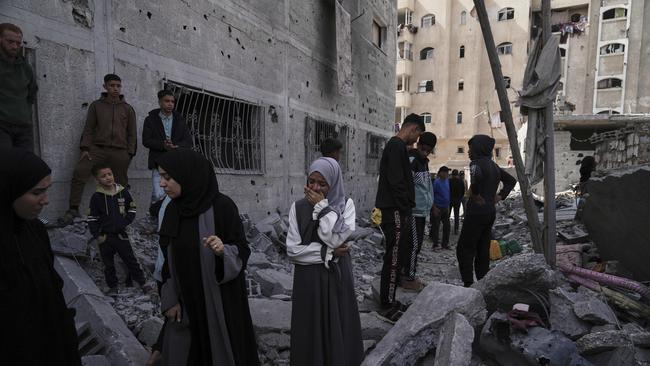
Pressure is building on Hamas in the Gaza Strip, where conflicts with Palestinian residents turned violent and Israel is expanding its ground operations in the enclave.
Israel sent a surge of ground troops into southern Gaza overnight, Defense Minister Israel Katz said, after it issued widespread evacuation orders to civilians in Rafah along the border with Egypt.
Katz said the expanded operation was aimed at clearing southern Gaza of militants and to “seize large areas that will be added to the security zones of the State of Israel.”
The expanding operation comes as Hamas faces a growing outbreak of public anger over its role in prolonging the 18-month war. The conflict, sparked by the Hamas-led Oct. 7, 2023, attacks that left around 1,200 dead and around 250 taken hostage, has turned swathes of the enclave into rubble and killed more than 50,000 people, according to Palestinian health authorities, who don’t say how many of that number were combatants.
On Tuesday, members of Gaza’s influential Abu Samra family tracked down and shot to death a Hamas police officer they claimed had killed their son Abdul Rahman.
The family alleged the police officer had killed Abdul Rahman while he was waiting in line for a sack of flour at a food-distribution point. A video circulating on social media, and verified by Storyful, captured Tuesday’s revenge killing in the central Gaza town of Deir al-Balah.
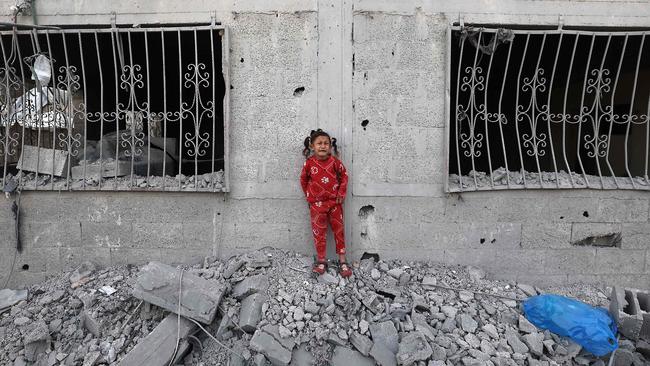
In broad daylight, armed men ordered the man to kneel facing a wall then shot him in the back. They continued to fire at his body after he fell, with one man emptying the rounds from his handgun into the corpse. None of the gunmen wore face masks.
“We are not instigators of discord, and the reaction was unplanned,” his family said in a Facebook post. “Abdul Rahman was treacherously killed by a direct gunshot. He was an orphan and a well-mannered young man.”
Hamas called the killing of its police officer “a reprehensible crime that must be met with firm and decisive punishment” and said that the conflicts between Gaza’s population and the militant group were weakening Palestinians’ position in the confrontation with Israel.
The US-designated terrorist group used similar language to condemn protests that erupted last week in several parts of the Gaza Strip, with hundreds of Palestinians denouncing Hamas and urging its fighters to leave.
After initially letting the small protests play out, Hamas cracked down following social-media calls for major demonstrations last Friday, targeting activists and perceived partisans of the rival Fatah organisation, a group that underpins the Palestinian Authority, which governs much of the West Bank.
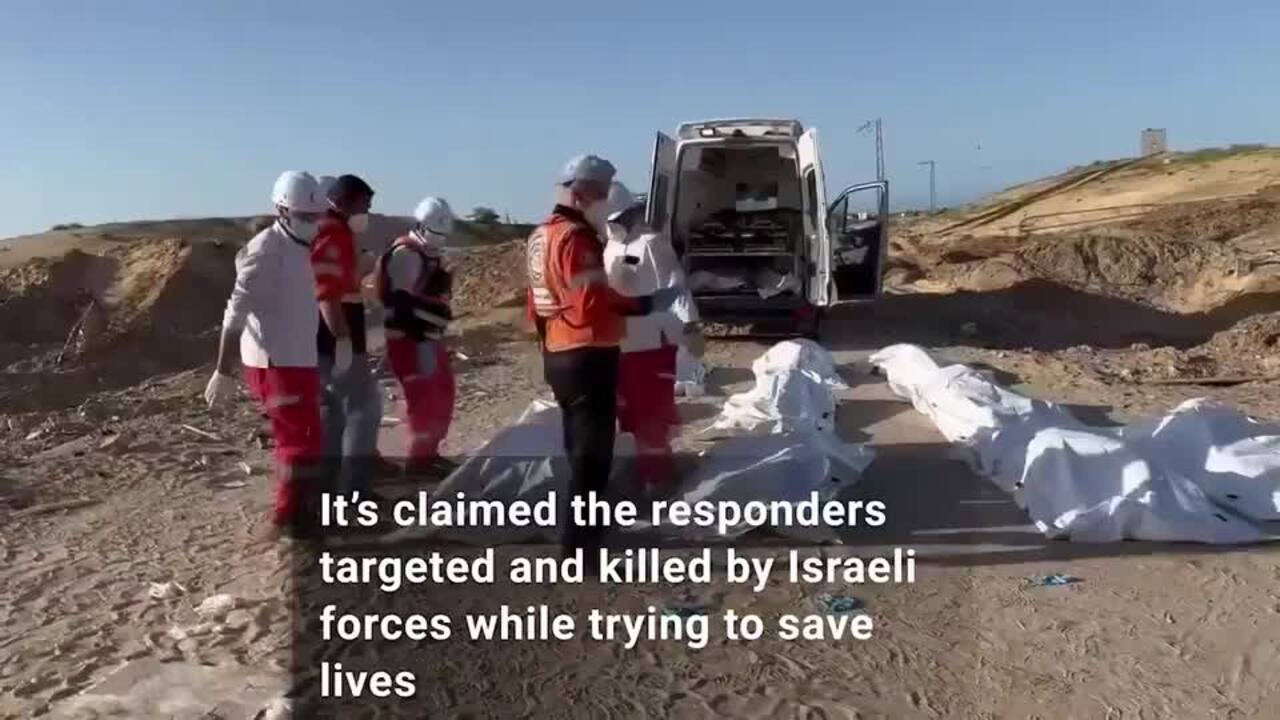
Residents in Gaza described being ordered by Hamas fighters to remain inside their homes or face getting shot in their legs. Some protesters were detained, and others had limbs broken, activists said. Hamas fighters killed one activist, according to his family, and sent death threats to others.
The street protests have stopped. Still, the outbreak of open opposition and violence shows how Gaza residents have been emboldened to resist Hamas, which has been weakened by Israeli air strikes and ground operations. Many people in Gaza have continued to speak out in interviews and on social media despite threats to their lives.
Eyad Jundia, 39, a father of seven, received a summons to meet with Hamas’s internal security police after taking part in last week’s protests. He refused to go and instead posted a video on Facebook relating the experience, calling it a will.
“The final threat was clear: I will be killed soon,” Jundia said in an interview. “Hamas kills people and labels them as spies.”
Another protester, Oday Al-Rabie, 22, was picked up by Hamas fighters on Friday, badly beaten and later died in a hospital, his relatives said on social media. His family publicly vowed to take revenge against his killers if Hamas didn’t act.
On Wednesday, another influential Gaza family publicly declared that a Hamas member had killed a son and demanded justice. According to a Facebook post by the family, Saadi Sakher Hasanein was shot in the chest and leg by a Hamas officer while in a crowd that started pushing at a food distribution point.
They gave Hamas three days to hand over the killer.
“We affirm that if justice is not served within the specific time frame, we will act freely and decisively,” the family said in the post.
A Hamas spokesman didn’t immediately respond to a request for comment on the allegations about the three men.

The militant group, which seized control of the Gaza Strip in 2007, has lost key commanders and political leaders. It so far has shown little appetite for a large-scale crackdown on dissenters. In 2019, by contrast, hundreds of Palestinians protesting against poor economic conditions were subject to torture, beatings and detention, say human-rights groups.
Meanwhile, Israel ratcheted up the military pressure. Prime Minister Benjamin Netanyahu said Wednesday night that Israel was taking control of a road north of Rafah. If completed, it would give Israel the ability to cut off Rafah from the rest of the enclave, as it still controls the Philadelphi corridor that runs south of the city along the border with Egypt.
An Israeli security official said the manoeuvre was designed to isolate Hamas in Rafah and aid in operations against the group there.
Israeli officials have drawn up a plan that could culminate in a full-scale invasion of Gaza, in which troops would hold territory and control delivery of aid.
Israel has been building up its forces around and inside strategic areas of the enclave, while ordering civilians to evacuate more areas and head to designated zones along the coast. Earlier in March, Israel closed all crossings into Gaza, preventing food or other supplies from entering.
Israel has also put troops on the ground in the northern end of Gaza and has been carrying out daily air strikes across the enclave since the fighting restarted. It has been particularly focused on killing members of Hamas’s political branch, as it seeks to undermine the group’s grip on power.
Israeli officials say they hope the combination of military pressure and protests from Gaza’s civilian population will force the militant group to accept Israeli and US demands for the release of hostages still held in Gaza. Katz as well as other senior Israeli officials have publicly backed the protesters and are pushing Gazan civilians to overthrow Hamas.
“I call on the residents of Gaza to act now to remove Hamas and return the hostages,” Katz said Wednesday. “This is the only way to end the war.”
Wall Street Journal

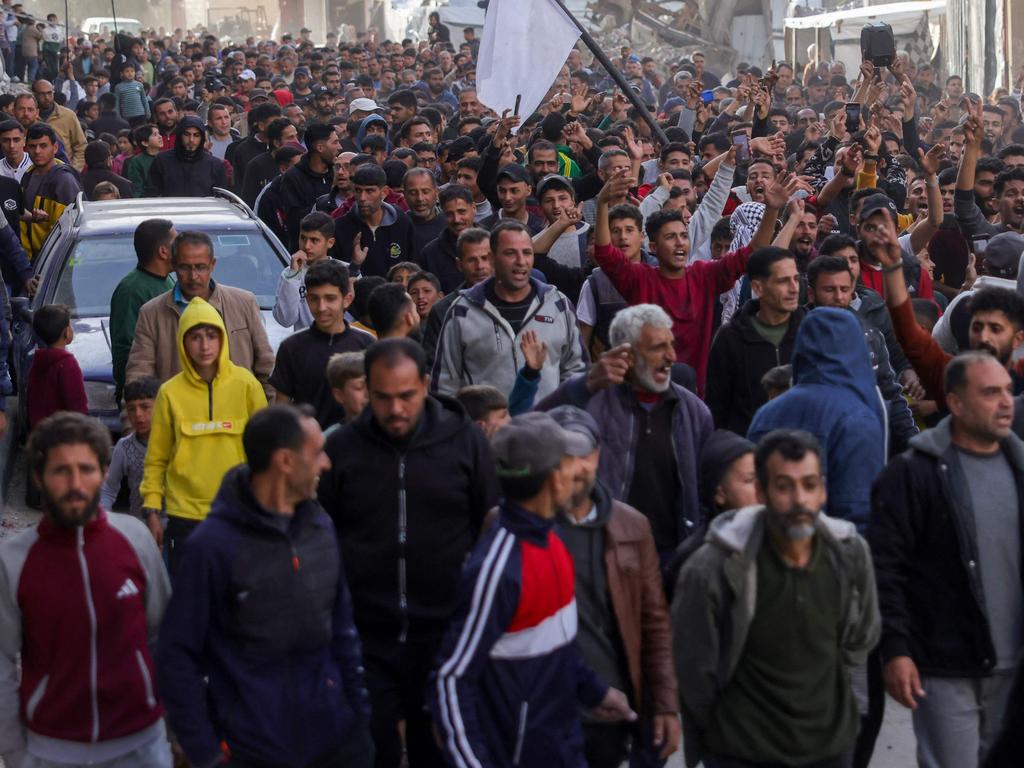

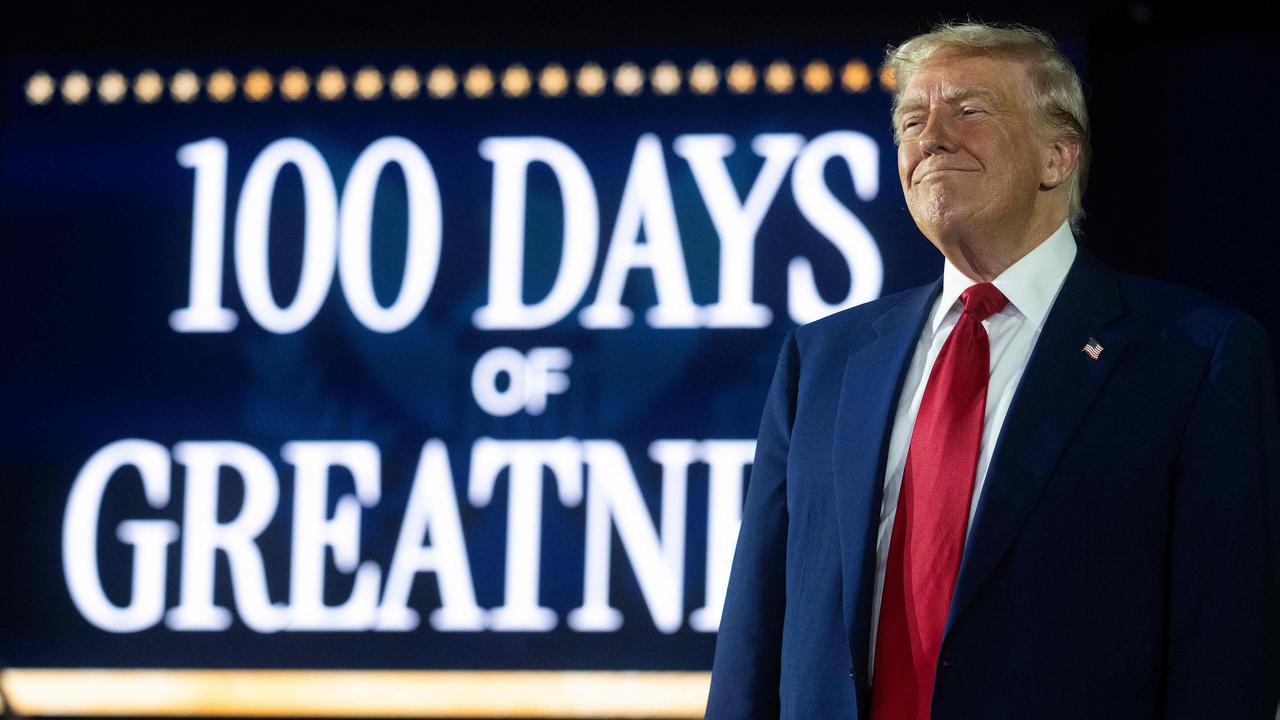
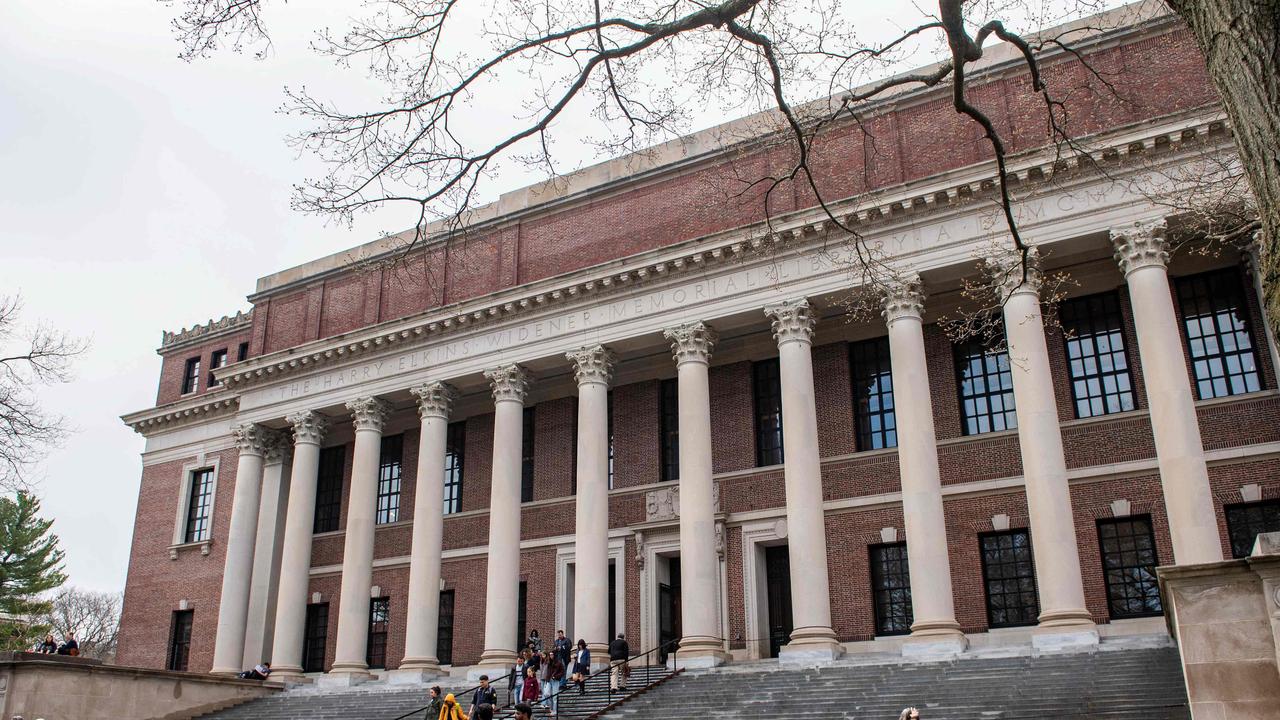
To join the conversation, please log in. Don't have an account? Register
Join the conversation, you are commenting as Logout